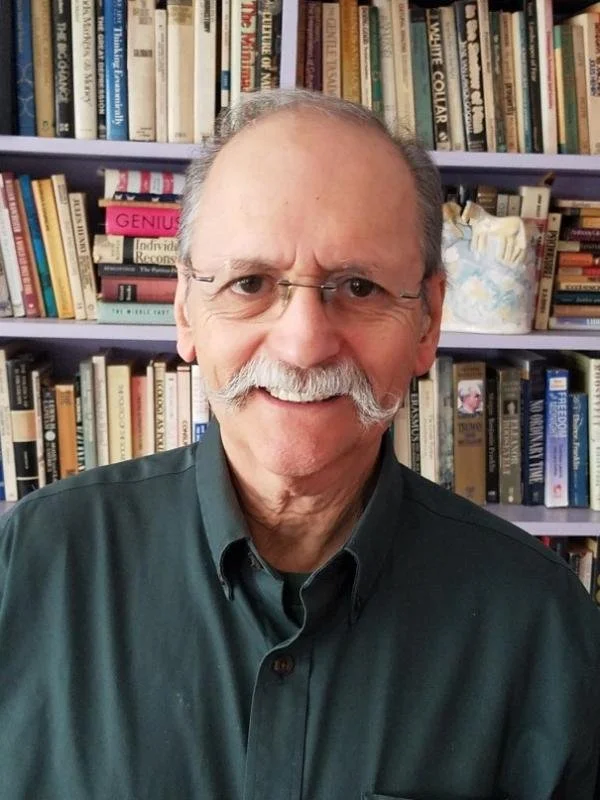Interpretation has long been the central metaphor for psychodynamic practice. This is consistent with one of the great strengths of psychodynamic practice, the effort to illuminate what has been hidden. But it also has important problematic implications clinically. It is associated with an image of the knowing analyst or therapist who has to inform the benighted patient what he is really wanting or feeling. Building on an alternative vision of psychodynamic practice rooted in Freud’s 1926 revision of psychoanalytic theory in Inhibitions, Symptoms, and Anxiety, I present an approach to practice aimed at making room for the thoughts, feelings, and desires that the patient has cast aside as unacceptable. I will discuss how this alternative vision of psychodynamic practice can go just as deep but in a way that enables the patient to feel better appreciated, understood, and affirmed and can enable the patient not just to know what has been cast aside and rendered unconscious but to reclaim it, to make it part of a larger, fuller, and more feelingful way of living.
Learning Objectives
At the end of this presentation, participants will be able to:
Describe the difference between interpreting an unconscious wish or thought and making room for that thought or feeling in the patient’s life.
Describe how Freud’s revised theory of anxiety pointed to a revised understanding of the aim and curative processes of psychoanalytic therapy
Describe important convergences between psychodynamic therapy, person-centered therapy, and acceptance-centered cognitive-behavioral therapies
3 continuing education units available through NASW and APA
Paul L. Wachtel, Ph.D. is Distinguished Professor of psychology in the doctoral program in clinical psychology at the City College of New York. He received his undergraduate degree from Columbia, his Ph.D. in clinical psychology from Yale, and his psychoanalytic training at the NYU Postdoctoral Program in Psychoanalysis and Psychotherapy. He was a cofounder of the Society for the Exploration of Psychotherapy Integration (SEPI) and is a past president of that organization. Among his books are Psychoanalysis, Behavior Therapy, and the Relational World; Family Dynamics in Individual Psychotherapy; Race in the Mind of America; Relational Theory and the Practice of Psychotherapy; Therapeutic Communication; Inside the Session; The Poverty of Affluence; and Cyclical Psychodynamics and the Contextual Self: The Inner World, the Intimate World, and the World of Culture and Society. His most recent book is Making Room for the Disavowed: Reclaiming the Self in Psychotherapy. He was awarded the Hans H. Strupp Award for Psychoanalytic Writing, Teaching, and Research; the Distinguished Psychologist Award by Division 29 (Psychotherapy) of APA; the Scholarship and Research Award by Division 39 (Psychoanalysis) of APA; and the Sidney J. Blatt Award for Outstanding Contributions to Psychotherapy, Scholarship, Education and Practice.
References:
Wachtel, P. L. (2010). Beyond “ESTs”: Problematic assumptions in the pursuit of evidence-based practice. Psychoanalytic Psychology, 27.251-272.
Wachtel, P. L. (2010). One-person and two-person conceptions of attachment and their implications for psychoanalytic thought. International Journal of Psychoanalysis, 91, 561-581.
Wachtel, P. L. (2014). An integrative relational point of view. Psychotherapy, 51, 342-349.
Wachtel, P. L. (2017). Psychoanalysis and the Moebius strip: Reexamining the relation between the internal world and the world of daily experience. Psychoanalytic Psychology, 34, 58-68.
Wachtel, P. L. (2017). The relationality of everyday life: The unfinished journey of relational psychoanalysis. Psychoanalytic Dialogues, 27, 1-19

